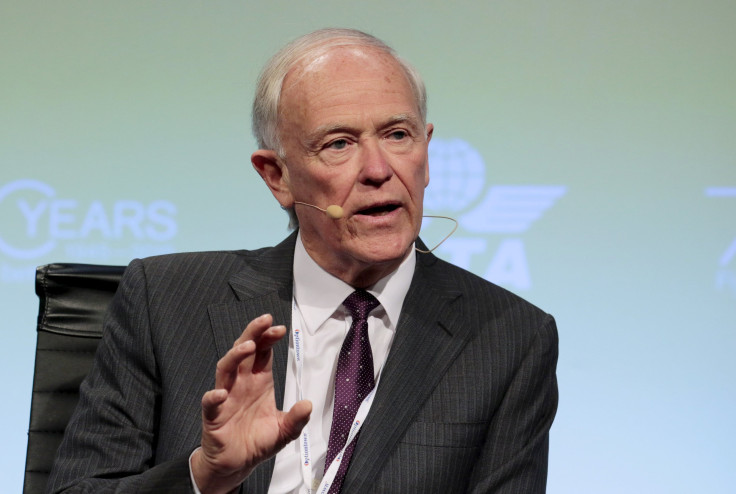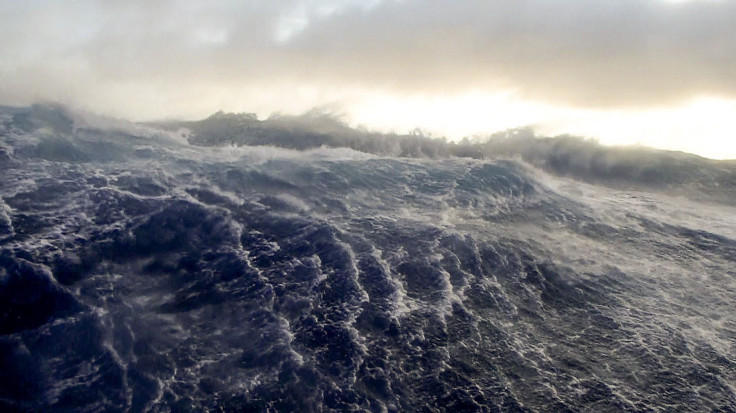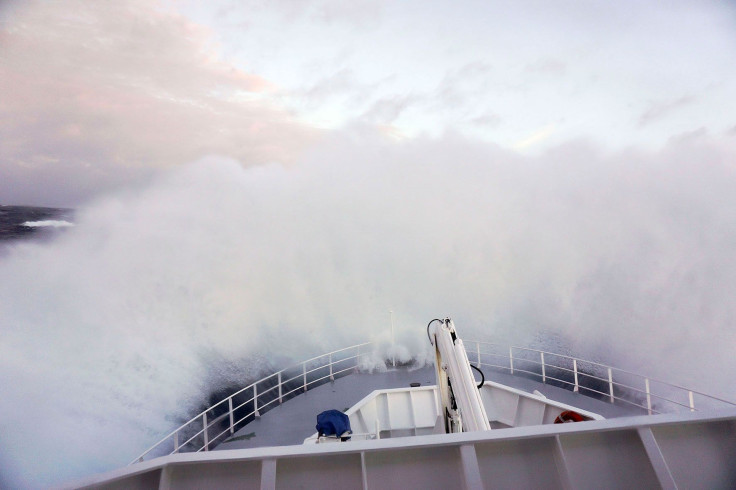MH370: Emirates CEO Tim Clark Likens Search To ‘Goose Chase,’ Says Efforts To Find Plane Will Be ‘Abandoned’

Tim Clark, the CEO of Emirates, Middle East's largest airline, likened the search efforts for the missing Malaysia Airlines Flight MH370 to a “goose chase” on Tuesday, and said the Australian government will soon call off the operation, Sydney Morning Herald reported. The search for the plane has been ongoing for over a year with no concrete clues about its whereabouts.
Clark made the comments during the International Air Transport Association annual meeting in Miami, an airline spokesman confirmed to NBC News. The Dubai-based Emirates has more than 100 Boeing 777 aircraft in its fleet, which is the same type as the MH370 that went missing in March 2014. Clark said he was pessimistic about the chances of finding the plane.
"I think it is only a question of time before the search is abandoned," he said, according to Sydney Morning Herald. "Do we have solutions? Do we have explanations? Cause? Reasons? No. It has sent us down a goose chase. It will be an Amelia Earhart repetition." Earhart, the first female aviator to fly solo across the Atlantic Ocean, disappeared during her attempt to fly around the world in 1937.
Flight MH370 was carrying 239 people when it went missing on its way to Beijing from Kuala Lumpur. An international search headed by Australia is underway in a remote part of the southern Indian Ocean where investigators believe the plane may have downed. The multimillion dollar search operation for the jet has become the costliest in aviation history.
Four vessels are scouring an area of over 46,000 square miles, located about 1,100 miles off the western coast of Australia.
Clark had previously raised doubts over the ongoing investigation of the jetliner, claiming that it was “under control, probably until the very end” and may not have ended up in the southern Indian Ocean. He had also questioned the plane's flight path analysis report published by the Australian Transport Safety Bureau in October 2014.
“There is plenty of information out there, which we need to be far more forthright, transparent and candid about. Every single second of that flight needs to be examined up until it, theoretically, ended up in the Indian Ocean -- from which they still haven't found a trace, not even a seat cushion,” Clark said at the time.
Meanwhile, Australia's Joint Agency Coordination Centre (JACC) said in its operational search update on Wednesday that over 19,000 square miles of the ocean floor has been searched so far. However, the operation is being hampered due to bad weather and rough seas, the agency said.
"The weather is forecast to be moderate over the next few days, but will worsen on the weekend. Search operations will continue through the winter months, but pauses are anticipated," JACC wrote in the statement, along with photos of rough seas and the search vessels.


© Copyright IBTimes 2025. All rights reserved.





















